Support Page Content
Commit to Study
Who We Are
Commit to Study is a peer mentoring program dedicated to helping students taking classes in the College of Natural Sciences and Mathematics to improve their study skills. Commit to Study offers one-on-one peer mentoring sessions to students in improving their study skills and efficiency. Commit to Study utilizes an assessment tool called the Learning and Study Strategies Inventory (or LASSI) that covers ten different categories to identify areas of strength and areas for improvement. In this way, the Peer Mentors can tailor the curriculum to best fit student needs.
Weekly Presentations Information
Workshop recordings available on Canvas: C2S has a Canvas course that lists all upcoming workshops, past workshop recordings, and additional resources on study skills. Please fill out the form to be added to the Canvas course.
Signing Up For an Appointment
You can make your appointment online. From the series of pull-down menus:
- Select "Advising", then "Center for Science and Math Success", and then "Commit to Study". Then click on the "Next" button.
- Once again select "Center for Science and Math Success" and when it asks you to pick a staff member, just leave it as "any staff".
- You'll then have options for picking days and time periods. We've been filling up quickly, so you may need to scroll out a few weeks before you find any that are not marked "N/A" (not available).
- Once you have a time/date selected, click on the "Next" button one last time.
In-person and virtual appointments are currently available. Zoom links will be emailed after an appointment is made.
Meet the Commit to Study Program Director
Dr. Sayonita Ghosh Hajra

Dr. Ghosh Hajra is an associate professor of mathematics in the Department of Mathematics & Statistics at Sacramento State. sayonita.ghoshhajra@csus.edu
Meet the Commit to Study Mentors
Zarina

Pronouns: She/Her
My name is Zarina Zaki and I’m currently a Biology major wanting to concentrate on Biomedical Sciences. I’m hoping to pursue a career in healthcare in the future. I became a part of Commit to Study as a peer mentor because I met with one of the commit to study mentors freshman year and they were so motivating, and it inspired me to implement that towards other students. I would recommend scheduling an appointment and coming to our workshops because we have a supporting, and motivating community to keep you on track with your studies. A fun fact about me is that I like fashion and coffee.
Ally

Pronouns: She/Her
Hello, I am Ally! I am majoring in Biology with a concentration in Clinical Lab Science, and I am looking forward to a career working in a research lab. My decision to become a Commit to Study peer mentor stems from my passion for creating, sharing various learning techniques, and team building ways which enhance the learning experience. Being able to share with others supporting resources such as, effective note taking, time management, and tips to prevent anxiety helps students to be more successful in college and to enjoy the overall experience. Activities that I enjoy outside of studying are bike riding, reading, and taking day trips to explore the Northern California coast and its unique beach towns.
Derrick
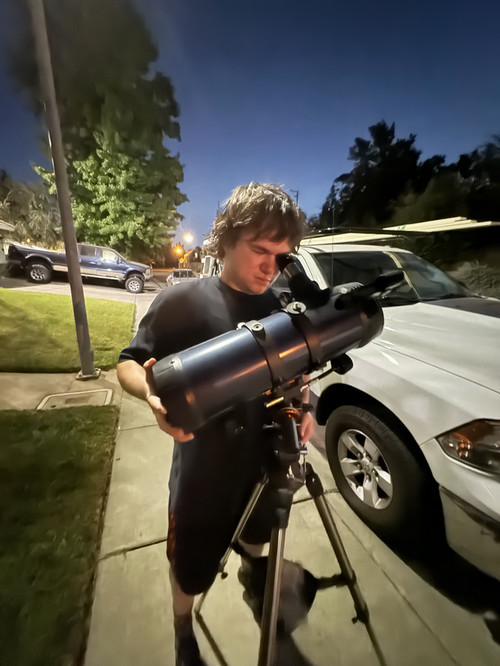
Hey there guys, my name is Derrick Twing! I am currently studying applied physics BS with a minor in astronomy and plan to pursue a career involving energy. I took this job because I believe that physics is hard for genuinely everyone and I want to maybe be the little push that lets you succeed in something that I love. Making others happy and helping them is also a big part of who I am. I am an avid gamer and also love to cook/eat new and exciting foods. I am never afraid of an adventure or exploring new ideas so share everything you know with me. If you are reading this, I hope you stop by and check us out!
Sydney
Pronouns: She/Her

Hi everyone! My name is Sydney and I am a fourth year biology major. I became a peer mentor because I have refined my study skills and learned new ways to improve my study habits. Being involved with Commit to Study gives me the opportunity to grow my skills while sharing what I have learned with others. I love reading and playing the flute.
Natalie
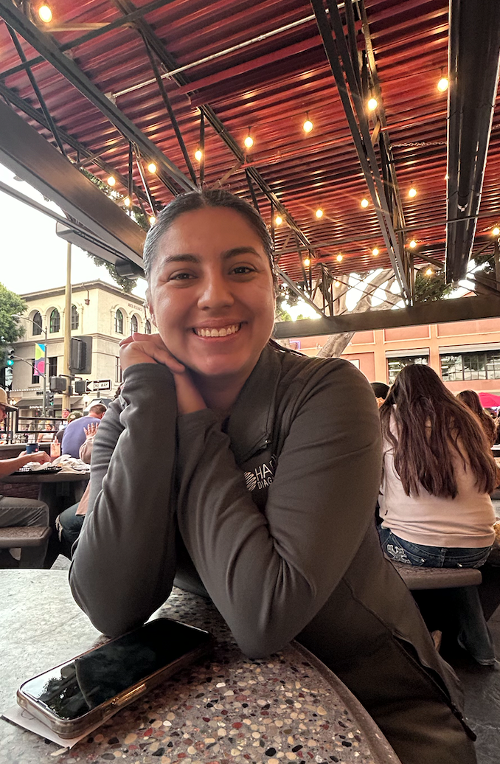
Hello, my name is Natalie and I am a Kinesiology, Athletic Care major interested in Physical Therapy. I realized soon into my college path that every class would require different study techniques, especially STEM courses. When I found out about this program, I was intrigued to learn how to share my studying techniques and experiences with my fellow college peers. During my free time, I like to drive back home and spend time with my family at the beach. Everyone should watch our workshops and book an appointment!
Stephanie
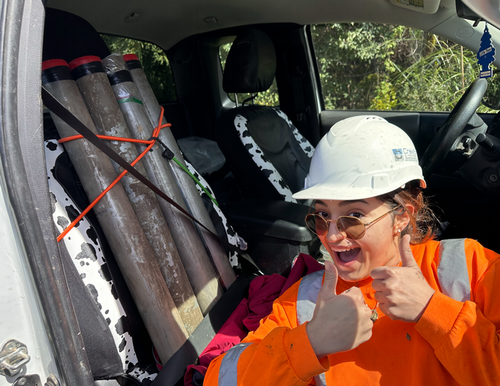
Hello everyone! My name is Stephanie and I am a Civil Engineering major. I am excited to be a part of the women in STEM community and break the male-only engineering stigma. Engineering can be tough, but we all make it in the end. I am also excited to be a part of the Commit to Study program to help you all improve your study skills and also my own! Fun fact I am a coffee addict and bless the pumpkin spice lattes season!
Ishkaram
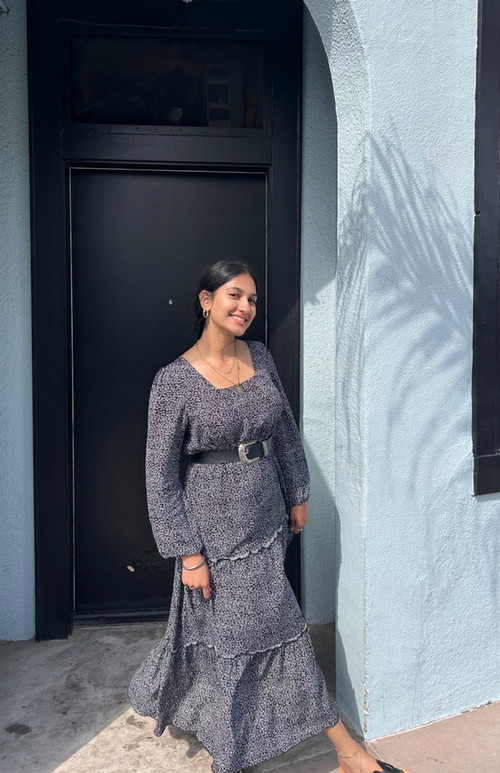
My name is Ishkaram Gill and I am a computer science major. I became a part of commit to study peer mentor because being involved in Commit to study has helped me improve my study skills, particularly in time management, effective note-taking, and exam preparation strategies. These skills have not only enhanced my academic performance but also boosted my confidence. I felt a strong desire to give back to the community that supported me, which is why I chose to become a peer mentor. In this role, I hope to guide other students in developing their study strategies, share my experiences, and contribute to their academic success.
Sabera
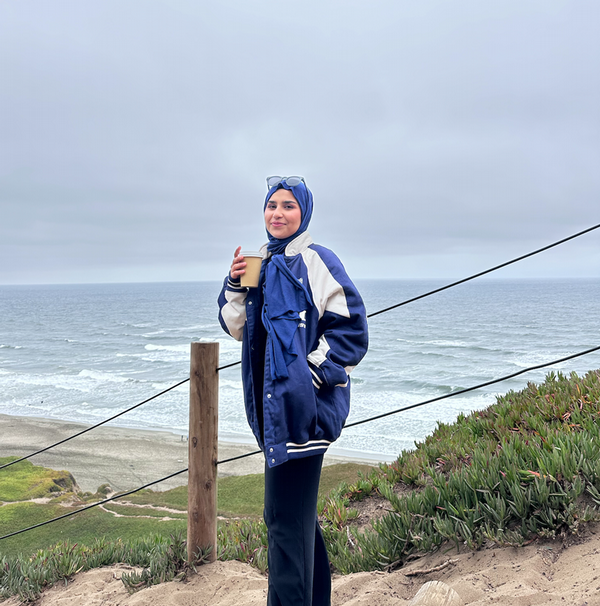
Hi everyone! My name is Sabera Hazrat, and I’m a Health Sciences major with a minor in Biological Sciences. As a pre-med student, I’ve navigated the challenges of balancing rigorous coursework, volunteering, and personal growth. I joined Commit to Study because I want to support my peers in developing effective study habits, managing their time, and staying motivated. Being part of this program is a chance to give back and contribute to a supportive academic community while continuing to grow myself.When I’m not studying, I enjoy reading and cooking different dishes. Fun fact: I love the spring and summertime when the days are longer, and I can do a lot more.
Makayla
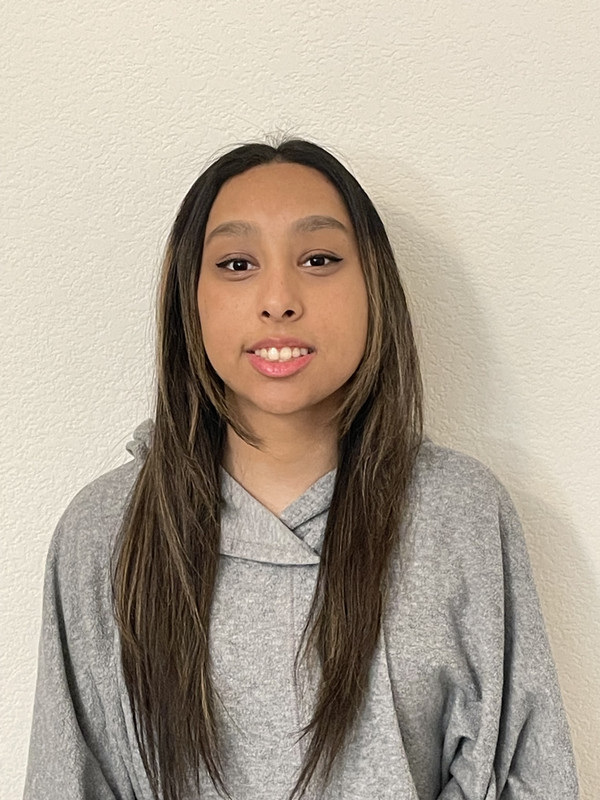
Hey everyone! My name's Makayla and I'm a Biology major. I'm interested in pursuing a career as a Forensic Biologist! When I first started college, I thought it would be somewhat like how high school was, but it's more different than high school, you get more independence and responsibility to learn certain aspects on your own. From living and learning through both good and bad study habits, I now know what works and doesn't work for me; and since I love to help others, my experiences will help benefit others. I love to read, listen to all kinds of music, and sketch random things.
Zyla
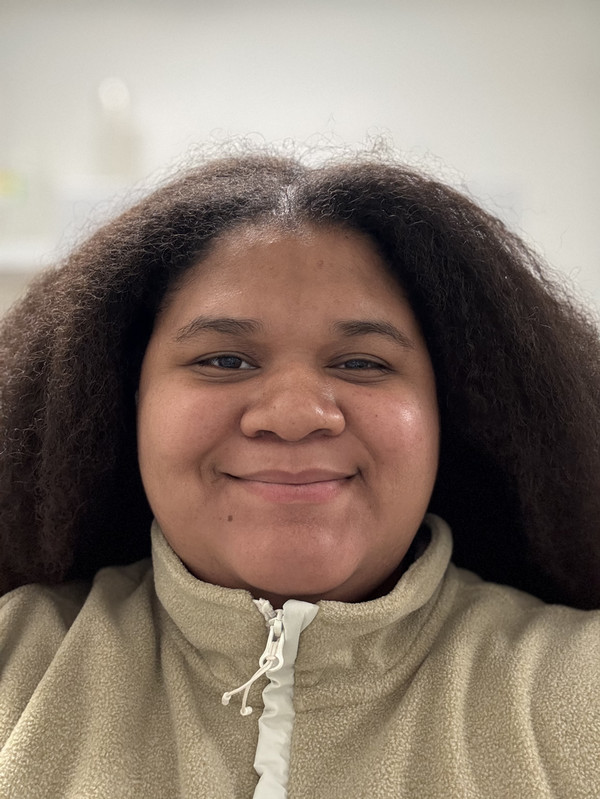
Hi everyone! My name is Zyla and I’m a biochemistry major and geology minor. I think commit to study can be a useful tool and it allows you to get guidance for more personalized things. I’m excited to learn more myself and help students utilize tools to help them succeed! I have had my fair struggles in school and am glad I have the opportunity to help others like myself.
Commit to Study – Discipline-Specific Mentoring (C2S-DSM)
We also offer Commit to Study – Discipline-Specific Mentoring (C2S-DSM), a program designed to support Sac State students in the College of Natural Sciences & Mathematics (NSM) by helping them develop effective, discipline-specific study skills.The mission of C2S-DSM is to provide high-quality mentoring tailored to the academic demands of specific NSM disciplines. Mentors collaborate with faculty in their departments to identify common student challenges and plan targeted workshops. These mentors are not tutors; rather, they serve as supportive allies who:
- Share their own experiences with course-specific struggles and strategies for overcoming them;
- Offer discipline-specific guidance and refer students to key resources such as the Peer Assisted Learning (PAL) Program, Peer Assisted Resource Center (PARC), NSM Advising Center, and instructor office hours;
- Create a safe, welcoming space through active listening and student-centered support.
In Spring 2025, C2S-DSM is offered in:
- 2 sections of STAT 10B
- 1 section each of PHYS 11C, MATH 29, MATH 45, and MATH 32
In Fall 2024, it is offered in:
- 2 sections of MATH 29
- 1 section each of PHYS 11C, STAT 10A, MATH 45, and MATH 12
What We Do: Appointments Structure
Commit to Study requires two appointments – virtual or in-person. If virtual, the student will be given a Zoom link once they schedule an appointment. In-person meetings are held in Sequoia 320.
During the first appointment, lasting 1 hour, the student will:
- Discuss the Learning and Study Strategies Inventory (LASSI) which covers topics such as time management, anxiety, motivation, and test strategies.
- Select 2-3 LASSI worksheets on areas that you want to work on before your next appointment.
- Develop a concrete plan for improvement using strategies discussed with your peer mentor.
- Set SMART goals so that you and your peer mentor will have a marker for measuring success.
During the 30-minute follow-up appointment, the student will reflect on the impact of the completed LASSI worksheets and decide whether there is a need to set up additional appointments.
LASSI Worksheets
Commit to Study utilizes the 10 domains from the Learning and Study Strategies Inventory (or LASSI) to identify areas of strength and areas for improvement, and thus tailor the curriculum to best fit students’ needs.
- Anxiety addresses the degree to which students worry about school and their academic performance. High levels of anxiety can help direct attention away from completing academic tasks (for example: Worrying about doing poorly interferes with my concentration on tests). Students with high anxiety may need to develop techniques for coping with anxiety and reducing worry so that attention can be focused on the task at hand.
- Attitude addresses students' attitudes and interest in college and academic success. It examines how facilitative or debilitative their approach to college and academics is for helping them get their work done and succeeding in college (for example: Do I feel confused and undecided as to what my educational goals should be). Students struggling with attitude may not believe college is relevant or important to them and may need to develop a better understanding of how college and their academic performance relates to their future life goals.
- Concentration addresses students' ability to direct and maintain attention on academic tasks (for example I find that during lectures I think of other things and don't really listen to what is being said). Students who struggle with concentration may need to learn to monitor their level of concentration and develop techniques to redirect attention and eliminate interfering thoughts or feelings so that they can be more effective and efficient learners.
- Information Processing addresses how well students' can use imagery, verbal elaboration, organization strategies, and reasoning skills as learning strategies to help build bridges between what they already know and what they are trying to learn and remember, i.e., knowledge acquisition, retention, and future application (for example I translate what I am studying into my own words). Students who struggle with information processing may have difficulty making information meaningful and storing it in memory in a way that will help them recall it in the future.
- Motivation addresses students' diligence, self-discipline, and willingness to exert the effort necessary to successfully complete academic requirements (for example: When work is difficult I either give up or study only the easy parts). Students who struggle with motivation need to accept more responsibility for their academic outcomes and learn how to set and use goals to help accomplish specific tasks.
- Selecting Main Ideas addresses students' skill at identifying important information for further study from among less important information and supporting details (for example: Often when studying I seem to get lost in details and can't see the forest for the trees). Students who are not able to select main ideas may need to develop their skill at separating out critical information on which to focus their attention. Tasks such as reading a textbook can
be overwhelming if students focus on every detail presented. - Self-Testing addresses students' use of reviewing and comprehension monitoring techniques to determine their level of understanding of the information to be learned (for example I stop periodically while reading and mentally go over or review what was said). Students who struggle with self-testing may need to develop an appreciation for the importance of self-testing and learn effective techniques for reviewing information and monitoring their level of understanding or ability to apply what they are learning.
- Test Strategies addresses students' use of test preparation and test-taking strategies (for example: In taking tests, writing themes, etc., I find I have misunderstood what is wanted and lose points because of it). Students who haven’t developed strong test strategies may need to learn more effective techniques for preparing for and taking tests so that they are able to effectively demonstrate their knowledge of the subject matter.
- Time Management addresses students' application of time management principles to academic situations (for example I only study when there is the pressure of a test). Students who struggle with time management may need to develop effective scheduling and monitoring techniques in order to assure timely completion of academic tasks and to avoid procrastination while realistically including non-academic activities in their schedule.
- Using Academic Resources addresses students' willingness to use different academic resources such as writing centers, tutoring centers, and learning or academic support centers when they encounter problems with their coursework or performance (for example I am not comfortable asking for help from instructors in my courses). Students who are not using academic resources may need help identifying and effectively using resources like the need for learning assistance becomes apparent.
SMART goals video describing the concept and theory behind it
Signing Up For A Class Presentation
Do you want a Commit to Study Peer Mentor to stop by and offer your class a presentation? Fill out the short form below: